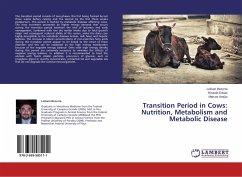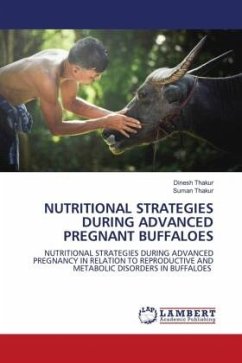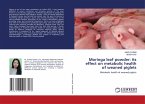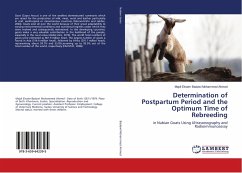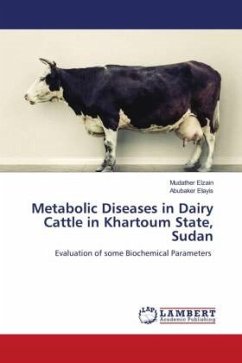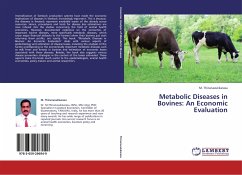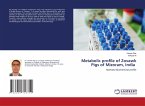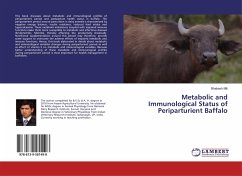The transition period consists of two phases, the first being formed by last three weeks before calving and the second by the first three weeks postpartum. This period is marked by metabolic diseases affecting cows. The heat increment promoted by higher energy demand that occurs during the transition period between the end of lactation and early management, combined with low dry matter intake due to fetal growth major and consequent reduced ability of the rumen, make the dairy cow highly susceptible to the metabolic diseases ketosis, milk fever and hepatic lipidosis. The increase in blood concentrations of non-esterifies fatty acids during this transition period appear to be linked to the onset of these disorders and this can be explained by the high energy mobilization because of the negative energy balance. Diets with high energy density during this period are extremely necessary to minimize the effects of negative energy balance. In addition it is recommended to feed the animals with foods smaller particles, precursors of glucose, such as propylene glycol or starchy concentrates, protected fat and vegetable oils that do not degrade the ruminal microorganisms.
Bitte wählen Sie Ihr Anliegen aus.
Rechnungen
Retourenschein anfordern
Bestellstatus
Storno

